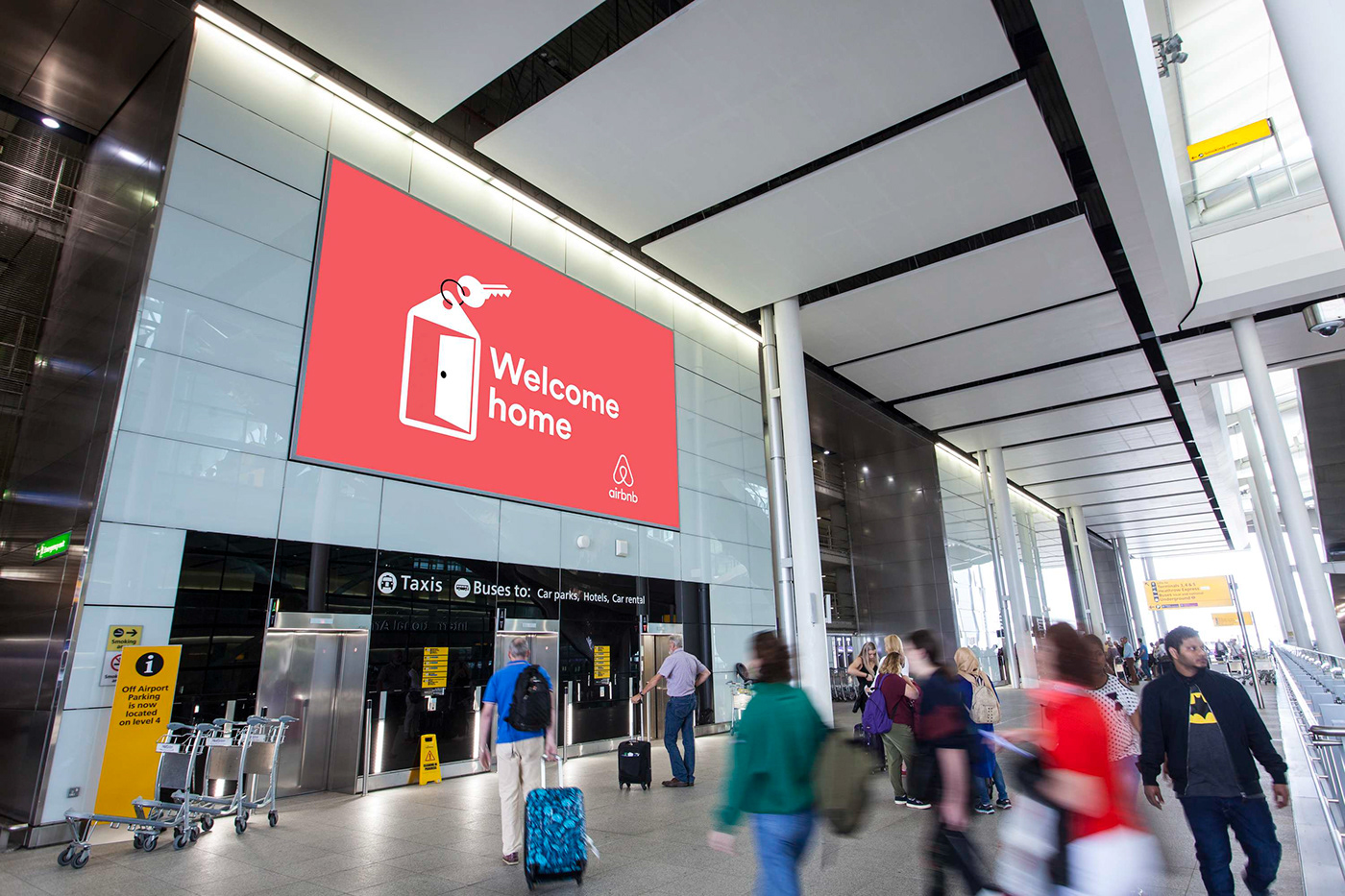What Does Airbnb Stand For? A Comprehensive Guide To The Global Accommodation Platform
Airbnb has become a household name in the travel and accommodation industry. But have you ever wondered what does Airbnb stand for? At its core, Airbnb represents a revolutionary concept that connects travelers with unique lodging options worldwide. In this article, we will explore the meaning behind Airbnb's name, its history, and its impact on the hospitality industry.
From humble beginnings to becoming one of the most valuable startups globally, Airbnb continues to redefine how people travel and experience new places. The platform offers more than just a place to stay—it provides an opportunity to immerse yourself in local cultures, creating memorable experiences for travelers.
This article delves into every aspect of Airbnb, including its origins, services, and the significance of its name. Whether you're a seasoned traveler or new to the platform, this guide will provide valuable insights into what Airbnb truly stands for.
Read also:Andrew Golota The Controversial Boxing Legend Who Left A Mark In The Ring
Table of Contents
- The Origin of Airbnb
- What Does Airbnb Stand For?
- A Brief History of Airbnb
- Airbnb Services and Offerings
- The Impact of Airbnb on the Hospitality Industry
- Benefits of Using Airbnb
- Airbnb Statistics and Growth
- Building Trust and Safety on Airbnb
- The Future of Airbnb
- Conclusion
The Origin of Airbnb
How It All Began
Airbnb was founded in 2008 by Brian Chesky, Joe Gebbia, and Nathan Blecharczyk. The idea was born out of necessity when the founders needed extra income to pay their rent. They realized they could rent out air mattresses in their living room to attendees of a design conference in San Francisco. This simple concept evolved into what we now know as Airbnb.
From Airbeds to Global Reach
Initially, the platform was called "AirBed & Breakfast," reflecting its early focus on providing affordable accommodation with breakfast options. Over time, the scope expanded to include a wide range of properties, from luxury villas to treehouses, making it a versatile platform for travelers worldwide.
What Does Airbnb Stand For?
Airbnb stands for "AirBed and Breakfast," but it has grown to represent so much more. It symbolizes a global community where hosts and guests connect, share experiences, and create lasting memories. The platform embodies the values of trust, inclusivity, and innovation in the travel industry.
A Brief History of Airbnb
Since its inception, Airbnb has undergone significant transformations. Starting as a small startup, it quickly gained traction due to its unique business model and user-friendly interface. By 2011, Airbnb had expanded to over 20,000 cities worldwide, establishing itself as a major player in the accommodation sector.
Key Milestones
- 2008: Founding of Airbnb in San Francisco.
- 2010: Introduction of the hosting experience feature.
- 2016: Launch of Airbnb Experiences, offering unique activities and tours.
- 2020: Airbnb went public, raising over $3.5 billion in its IPO.
Airbnb Services and Offerings
Accommodation Options
Airbnb offers a diverse range of accommodation types, catering to different preferences and budgets. From cozy apartments to luxurious mansions, travelers can find the perfect place to stay. The platform also includes unique stays such as yurts, igloos, and even castles.
Airbnb Experiences
Beyond just lodging, Airbnb provides a platform for hosts to offer unique experiences. These range from cooking classes and guided tours to adventure activities, allowing guests to engage deeply with local communities.
Read also:Daniel Moder The Visionary Leader Revolutionizing The Tech Industry
The Impact of Airbnb on the Hospitality Industry
Airbnb has disrupted the traditional hospitality industry by offering an alternative to hotels. Its peer-to-peer model empowers individuals to monetize their properties while providing travelers with authentic, local experiences. This shift has forced hotels to adapt by enhancing their services and offerings.
Challenges and Opportunities
- Increased competition for traditional hotels.
- Growth in short-term rental regulations in various cities.
- Opportunities for local entrepreneurs to participate in the tourism economy.
Benefits of Using Airbnb
Using Airbnb offers numerous advantages for both travelers and hosts. For guests, it provides flexibility, affordability, and access to unique accommodations. Hosts benefit from additional income and the opportunity to connect with people from around the world.
Key Benefits for Travelers
- More personalized and authentic travel experiences.
- Cost-effective options compared to traditional hotels.
- Wide variety of accommodation types to suit different needs.
Airbnb Statistics and Growth
Airbnb's growth has been nothing short of remarkable. As of 2023, the platform boasts over 7 million listings across 220 countries and regions. It has facilitated millions of stays and experiences, contributing significantly to the global economy.
Notable Statistics
- Over 500 million guest arrivals since inception.
- More than 4 million active hosts globally.
- Annual revenue exceeding $5 billion.
Building Trust and Safety on Airbnb
Trust is a cornerstone of Airbnb's success. The platform implements robust verification processes and safety measures to ensure secure transactions and positive experiences for all users. This includes identity verification, secure payment systems, and a comprehensive review system.
Enhancing User Safety
- 24/7 customer support for assistance during stays.
- Strict policies against discrimination and misconduct.
- Collaboration with local authorities to address safety concerns.
The Future of Airbnb
As technology continues to evolve, Airbnb is poised to innovate further. The company is investing in artificial intelligence and machine learning to enhance user experiences, improve search algorithms, and optimize property management tools. Additionally, Airbnb aims to expand its sustainability initiatives, promoting eco-friendly travel options.
Expanding into New Markets
Airbnb plans to penetrate emerging markets, leveraging its global presence to attract more users. By tailoring its services to meet local needs and preferences, Airbnb aims to maintain its leadership in the travel industry.
Conclusion
In summary, Airbnb stands for much more than just "AirBed and Breakfast." It represents a revolutionary approach to travel and accommodation, connecting people worldwide and fostering meaningful interactions. From its humble beginnings to becoming a global phenomenon, Airbnb continues to shape the future of the hospitality industry.
We encourage you to explore Airbnb for your next trip and experience the platform's unique offerings firsthand. Share your thoughts and experiences in the comments below, and don't forget to check out our other articles for more travel insights. Together, let's redefine what travel means in the modern world!
References:


